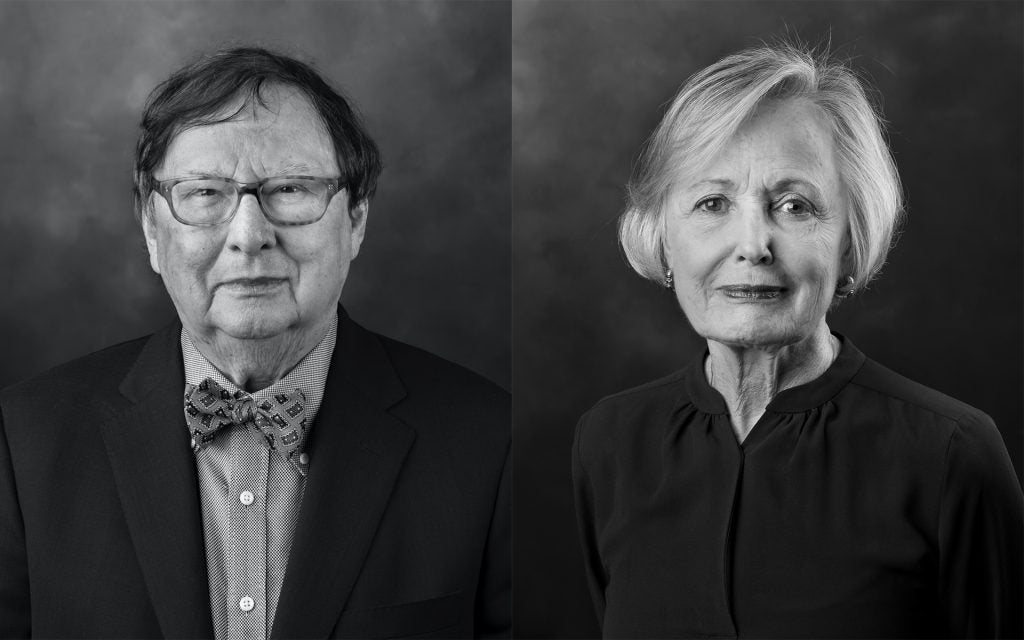Could a poll boost ECU's national reputation?
The next presidential election may be two years away, but East Carolina University’s Center for Survey Research has its focus set on Nov. 3, 2020.
By then, Director Peter Francia hopes to have established a university polling center capable of accurately predicting the voting margins.
If successful, the university could join other polling powerhouses like Quinnipiac University, Monmouth University and Marist College, who regularly find themselves in the national spotlight come campaign season – an otherwise rare occurrence.
“They have a national reputation because of the polling they do. Why not ECU?” Francia said.
Becoming well-known for political polling extends beyond simple name recognition. The president of Monmouth University has estimated the value of free media exposure to be close to $1 billion. When John Lahey started Quinnipiac’s poll in the late ’80s, the school was a small commuter college with fewer than 2,000 students. A coordinated effort to build a polling facility helped turn it into a nationally known university with more than 10,000 students today.
“If you were to follow our admissions and our growth, you could follow the poll,” Lahey told Politico last year.
ECU plans to set up its poll beginning with a call center that will be built with the help of a $100,000 donation from alumni Wayne and Sherry Holloman. The Hollomans have annually supported a political science scholarship, Honors College student programming and the Voyages of Discovery lecture series.

Wayne and Sherry Holloman donated $100,000 to the Center for Survey Research to establish an ECU polling center. (Contributed photos)
“Imagine learning the results of the election and hearing people say, ‘ECU was dead on it,’” Wayne Holloman said. “It could be big.”
Housed in the Harriot College of Arts and Sciences, the Center for Survey Research currently assists the university as well as private clients and public agencies in public opinion and community assessment research. That includes survey design, questionnaire development, data collection and focus group research.
“We’ve seen across the country that university-based opinion polls can capture the pulse of the electorate and catapult their institutions to prominence,” said Dr. William Downs, Dean of the Thomas Harriot College of Arts and Sciences. “Wayne and Sherry Holloman are great friends of ECU and of the Arts and Sciences, and their generous investment in our Center for Survey Research will ensure that Pirate polling has a successful launch and an impactful future.”
Francia, who is also a political science professor, said a polling center makes sense at ECU because North Carolina is an exciting state to be in politically.
“On the presidential map, North Carolina is not a red state or a blue state. It is a purple state. There is also a history of very competitive statewide contests for governor and for the U.S. Senate,” he said. “Moreover, partisan control of the U.S. Senate could potentially hinge on a single seat in 2020. If so, North Carolina’s U.S. Senate election will have national implications.”
The ECU Poll will involve students by giving them opportunities to work in the call center, develop questionnaires and conduct data analysis. Francia said he hopes the polling center can be worked into the political science curriculum so more students can learn how polling and random sampling works.
In addition to political polling, the university would be capable of polling on other topics that affect the area, like opioid use and immigrant labor.
“Expanding services and missions is important,” Holloman said. “That’s what this is. Making ECU a part of the community, the state and the nation.”
-by Erin Shaw, University Communications
